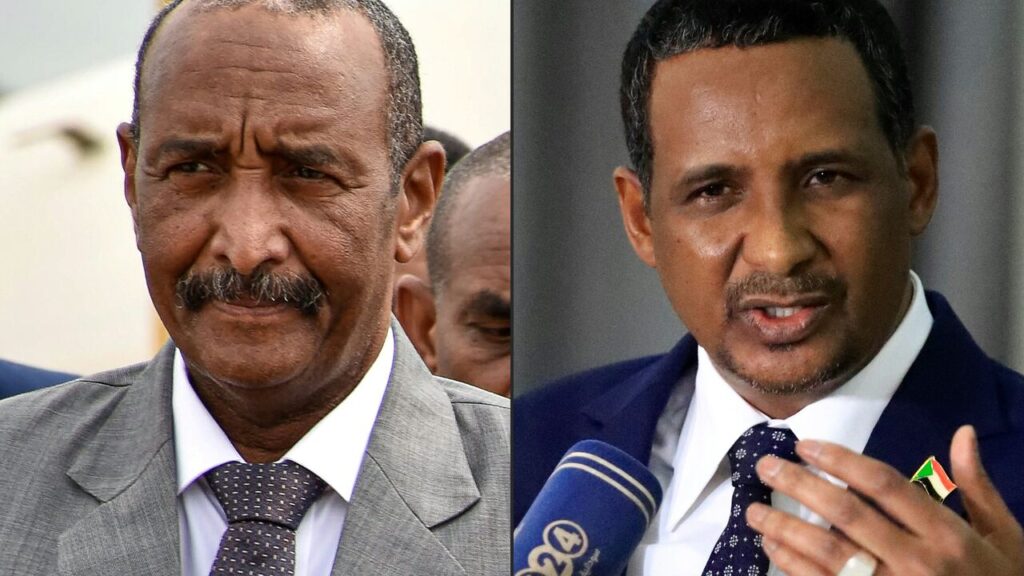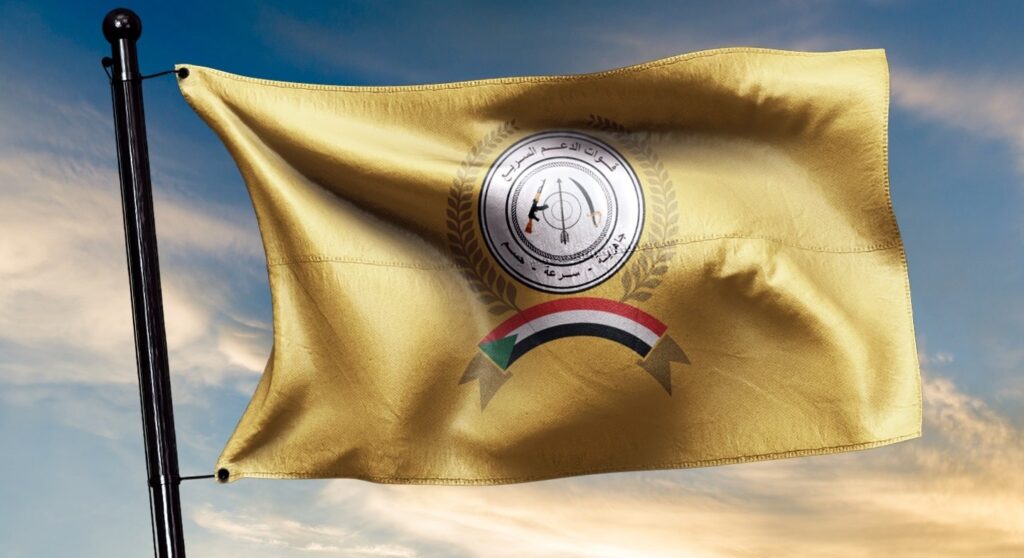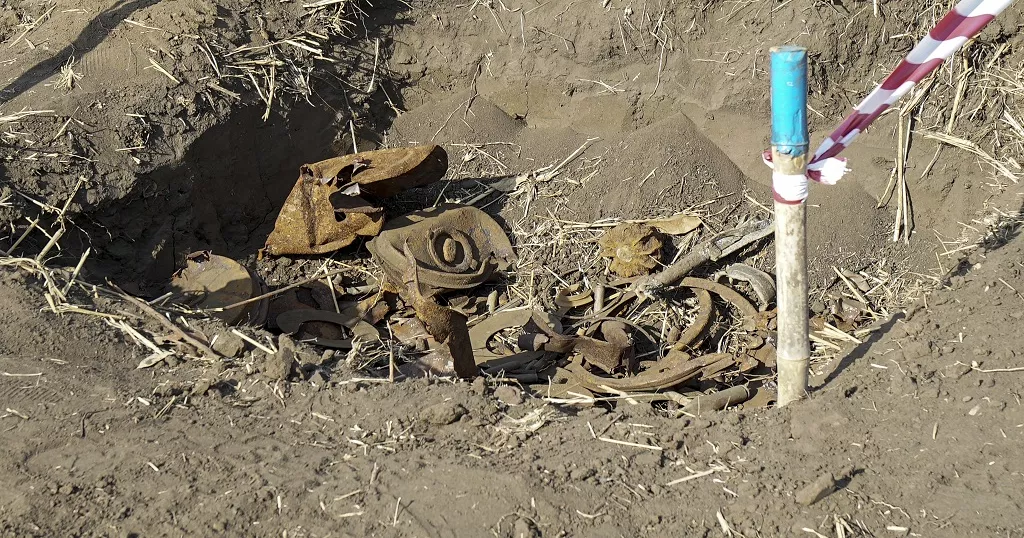
In a wide-ranging interview on the “Events” podcast with journalist Khalid Mohieddin, Professor Alaa al-Din Naqd, the official spokesperson for the Sudan Founding Alliance (TASIS), outlined the alliance’s non-negotiable conditions for any future political dialogue: the surrender of key Sudanese war crimes suspects to the International Criminal Court and the unmasking of financial backers behind the ongoing war.
Naqd emphasized that no negotiations will take place without the handover of Ahmed Haroun, Abdel Rahim Mohamed Hussein, and Ali Karti to The Hague, and without full disclosure of war funding sources allegedly tied to businessmen from the former regime.
New government formation in final stages
He confirmed that consultations between the Prime Minister and the Presidential Council have reached “advanced stages” regarding appointments for the transitional cabinet, with an official announcement expected within one to two weeks. He described the move as the “true beginning of a new executive authority” aligned with TASIS’s goal of establishing a democratic civilian state.
Addressing criticism labeling the incoming government as a “secessionist” or “war government,” Naqd dismissed such accusations, asserting that the new administration is a government of unity and peace, not division. He pointed to TASIS’s constitutional charter and political declaration, which make no reference to separation or fragmentation.
He instead accused the Islamic Movement, National Congress Party, and Islamist military factions of pursuing a hidden secessionist and extremist agenda aimed at destabilizing Sudan and obstructing peace.
Naqd insisted that true peace must be imposed through strength, especially when dealing with armed Islamist groups with a long record of atrocities. “This government is a political tool to counter the Islamic Movement’s separatist project,” he said, noting that readiness for war is often the only way to secure peace against those who rely on violence and terror.
SAF-Islamist alliance ‘beyond separation’
He argued that separating General al-Burhan’s army (SAF) from the Islamic Movement is now virtually impossible, citing recent statements that confirm deep coordination between the two. The spokesperson added that a complete negotiation strategy has not yet been finalized, but any future talks will be rooted in TASIS’s constitutional framework and political vision.
Naqd highlighted recent battlefield successes in Umm Samima and Umm Sayala in West Kordofan, stressing that military and political momentum are synchronized. These victories, he said, force the other side to take negotiations seriously.
He concluded by underlining the popular legitimacy of the new government, pointing to mass rallies and celebrations in Darfur and Kordofan despite security threats. He emphasized that even civilians in army-controlled areas have shown support for the new administration and reject the rule of Islamists, whom they see as holding them hostage under a militarized regime.
Naqd also noted growing regional and international engagement with the new government and said recognition is now “a matter of time” as TASIS continues to reshape the Sudanese political landscape.




